
An officer of the Baitul Maal wat Tamwil or The House of Social and Business (blue uniform) seen visiting their microfinance client at a traditional market..jpg
Jakarta, MINA -Indonesia, the world’s most populous Muslim country, in its intention to improve the financial inclusion of the large number of unbanked citizens, and to improve the financial ecosystems in communities and to reduce the exposure of small business owners or even entire villages to informal lending structures, is expanding the network of official microfinance institutions across the country.
The Financial Services Authority of Indonesia, or OJK, has granted operating licences to ten new Islamic microfinance institutions, which are expected to empower communities and small businesses and generally improve public welfare in its target areas.
The establishment of these new Islamic microfinance institutions was part of its financial inclusion programmes that involved community figures such as clerics who run Islamic boarding schools, or pesantren, as they are called locally. Through that channel, the microfinance institutions are expected to provide wider financial access to low-income communities living in the vicinity of those boarding schools, Gulf Times reported on Wednesday, citing the OJK.
“Islamic microfinance institutions aim to improve public welfare by empowering communities around Islamic boarding schools,” says Wimboh Santoso, chairman of OJK’s board of commissioners.
Also Read: Saudi Arabia Wins Bid to Host World Expo 2030
“These institutions have a number of main features: they provide assistance to, and approach community groups; they do not collect funds from the public; their funding comes from donors, and they distribute financing with low profit rates at around 3%,” he said.
Each of the new micro lenders received a licence and is being supervised by the OJK. Customers will get basic training before receiving any financing, as well as regular assistance for business set-up or expansion as an additional service.
The money for the lending programme comes from donors who want to support community empowerment programmes and contribute to initiatives to create more community institutions, including Islamic boarding schools and other social infrastructure.
“The OJK will continue promoting Islamic microfinance programmes to other Islamic boarding schools across Indonesia. We plan to recommend them to be the preferred microfinance programmes of the National Committee for Shariah Finance —whose chairman is the President himself,” Wimboh said, referring to Indonesia’s President Joko Widodo who launched the said committee in July this year as a supportive framework for Shariah-compliant banking in the country, with the eventual goal to make Indonesia a regional hub for Islamic finance.
Also Read: 148 Products from Indonesia Promoted at Sarawat Superstore Jeddah
Having long tradition in Indonesia
Islamic microfinance has a long tradition in Indonesia, mostly in rural areas. The country is believed to have the largest Islamic microfinance sector in the world as part of its cooperative banking ecosystem which comprises around 5,500 mostly rural financial entities with assets of about $590mn.
The cooperative banking sector is institutionalised within the country’s financial industry, alongside banking, the insurance sector and capital markets.
According to forecasts, there is potential for its asset volume to reach up to $735mn over the coming years, and Islamic microfinance would be an essential driver for that.
Also Read: Packaging Industry Supports Halal Ecosystem
The reasons why Indonesia is such a fertile ground for dedicated microfinance providers are that the traditional banking sector has been slow or not interested in developing meaningful products for the mainly rural target groups, fearing that achievable profits would not merit the engagement.
Furthermore, Indonesia is a geographically, ethnically and linguistically highly diverse nation with at least 17,000 inhabited islands and over 300 ethnic groups with their own languages, which means that banking services need to be tailored for those segmented target groups to make them more accessible, which is why the usual top-down approach of large retail banks does not really work out well in such environments.
It turned out that a community approach to microfinance is a much better fit as it is capable of integrating local customs and community networks and developing an awareness of the respective cultural norms. For example, the rules of communal risk taking or the ways social collaterals are formed and utilised in community banking. This is also where Islamic believes of sharing and mutual social support come into play.
Fundamental for this is the main difference of Islamic microfinance to conventional finance, namely that in the latter case funding does not come from investors who expect a certain return, but from donations.
Also Read: Indonesia-Japan Agree on Energy Transition Cooperation
In Indonesia, the principle is that Islamic microfinance institutions act as a collector and distributor of zakat, compulsory charitable contributions of wealthier Muslims, infaq, a type of charity in Islam that is given without any expectation of reward or return, and sadaqah, another form of voluntary giving that encompasses any act of charitable giving done out of compassion, love, friendship or generosity.
Other sources of funding for Islamic microfinance institutions in Indonesia are grants, endowments and assets from social funds. Profit from the microfinance lending cover operational costs of the lender, and the rest is funnelled back to develop community projects or cover social welfare expenses. (T/RS5/RS!0
Mi’raj Islamic News Agency (MINA)
Also Read: Dubai Expo 2020 Holds Special Event for Palestine






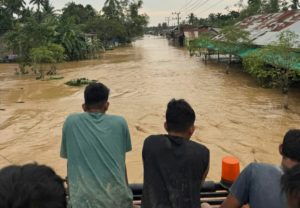



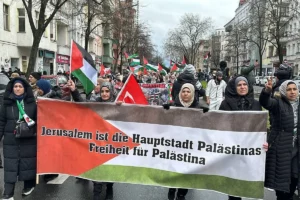

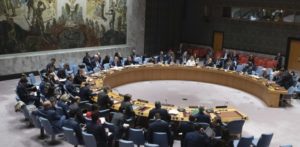


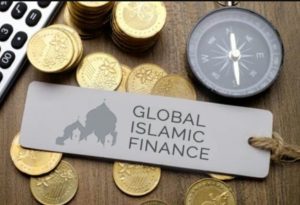

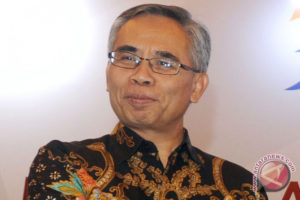
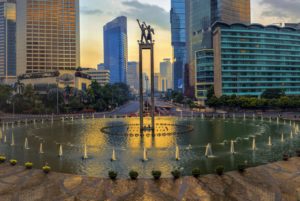
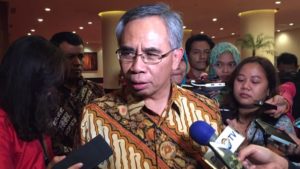






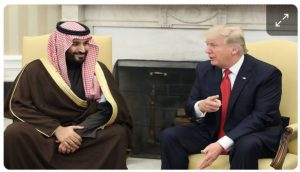


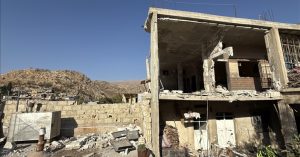



 Mina Indonesia
Mina Indonesia Mina Arabic
Mina Arabic